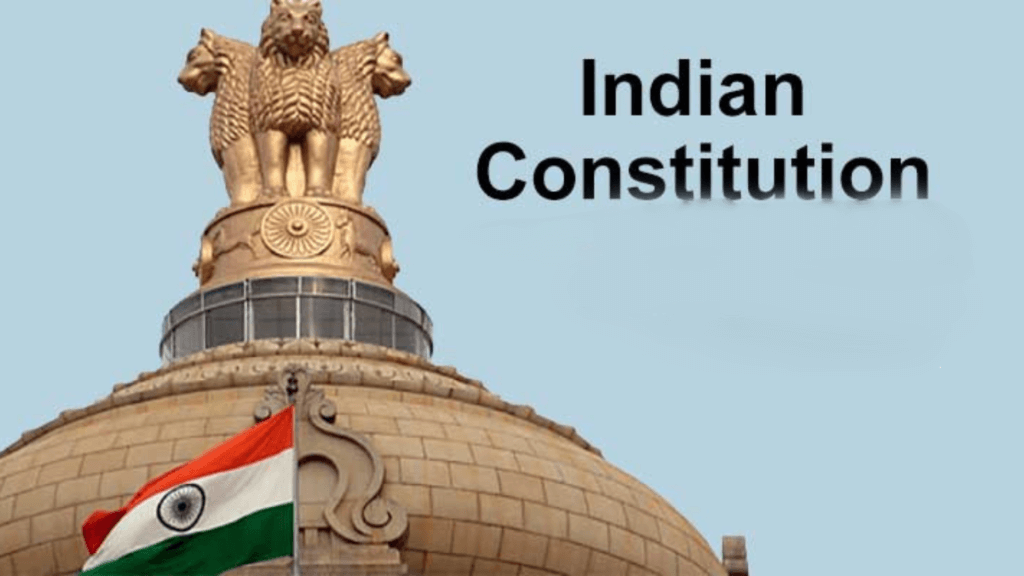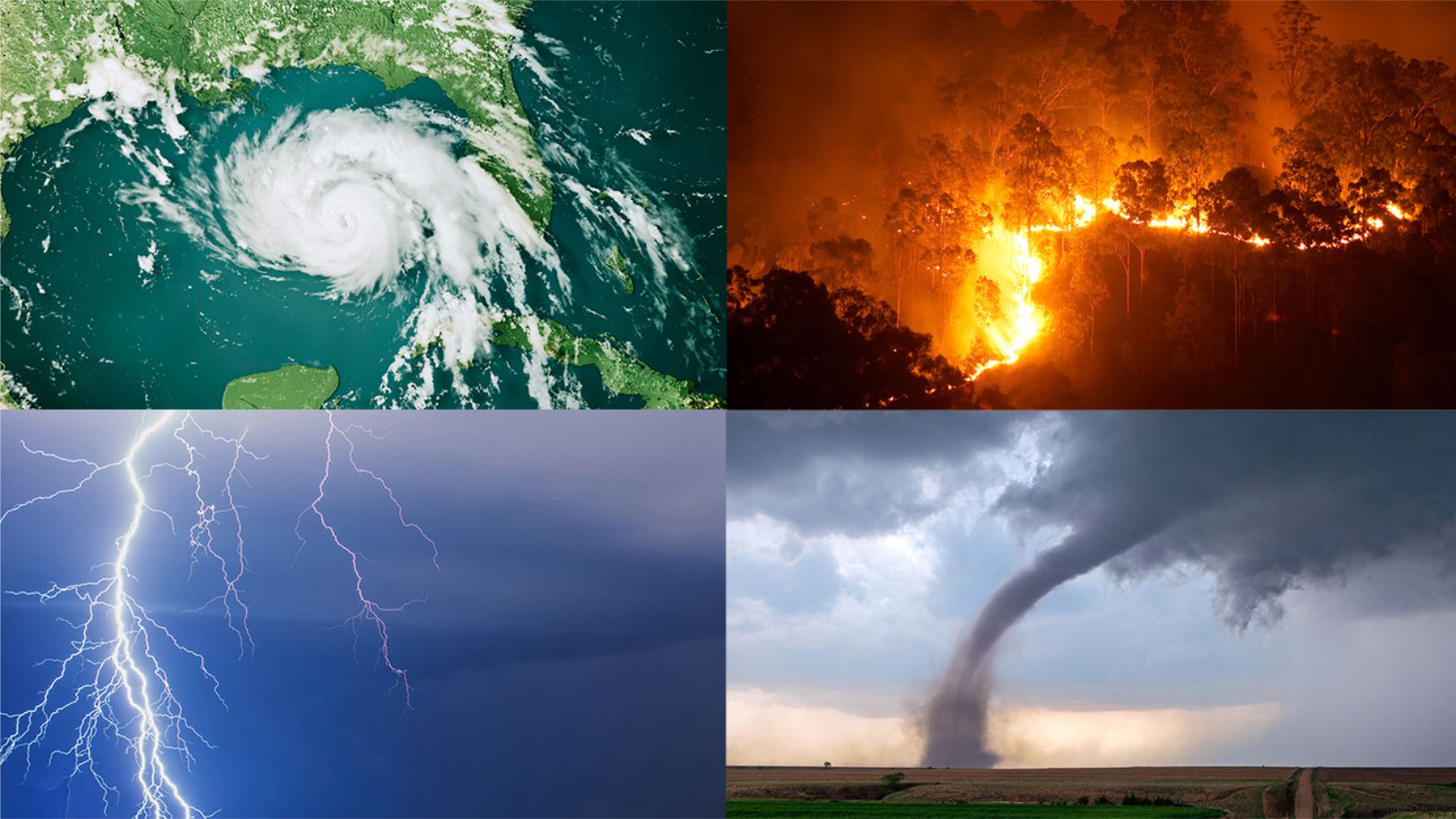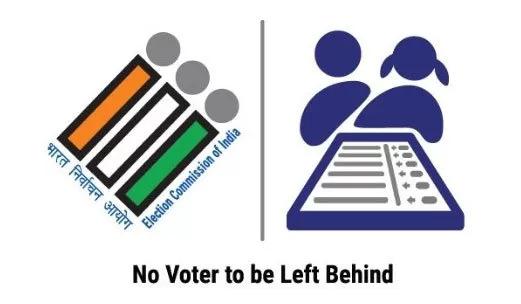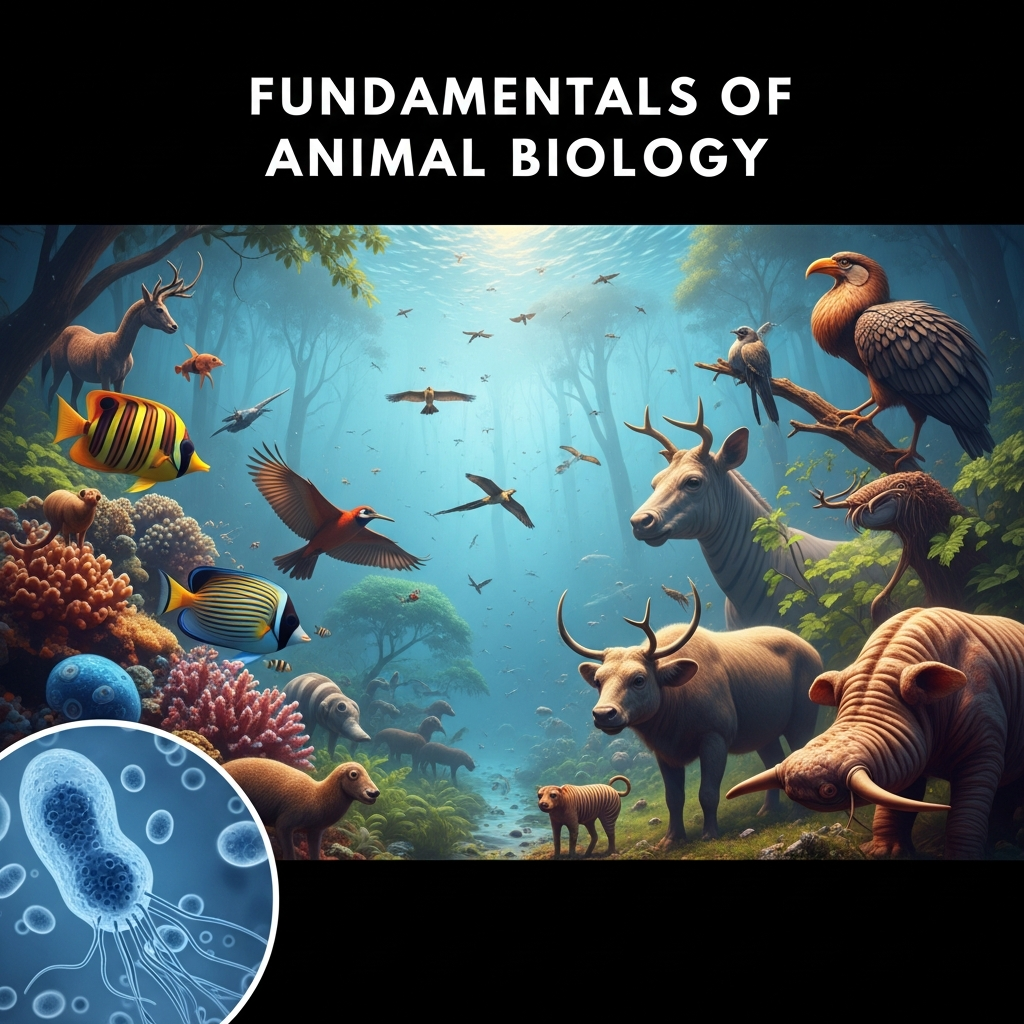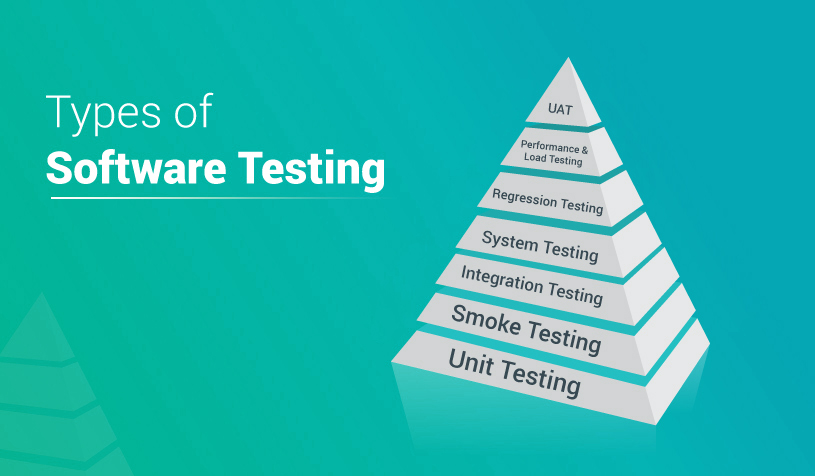LMS @ Mary Matha Arts & Science College
Skip course categories
Course categories
Skip available courses
Available courses
2025-26: CC Exploring Physical Computing with Arduino UNO
Understand the basics of physical...
INDIAN CONSTITUTION: INSTITUTIONS AND PROCESSES
The course provides a detailed account of ...
25KU2DSCHIS111-Exploring tourism potentials of India-NAD
Explores the historical evolution of Indian ...
2025-KU2MDCPED102-NUTRITION AND WEIGHT MANAGEMENT
The course provides a holistic exploration of ...
2025 KU4VACPOL203 - ELECTORAL LITERACY (GMA)
The course aimed to provide electoral literacy...
2025-26: ENVIRONMENTAL ECONOMICS (KU4DSCSSE207)- ANET GEORGE
This course focuses on causes of environmental...
2025-26: CASTE AND POPULAR CULTURE (KU4VACFNG204)
Explores cultural interactions of caste in ...
2025-26: INTRODUCTION TO LINGUISTICS (KU4DSCFNG208)-JJ
The course is designed to introduce students ...
25KU4DSCCOM208-BUSINESS LEGAL ENVIRONMENT- RK
This course offers a foundational understanding...
25KUVACCOM202 Environmental Studies & Disaster Management
understand the term auditing, its concept, ...
2025-KU2MDCCOM102- FUNDAMENTALS OF ENTREPRENEURSHIP-RF
Fundamentals of Entrepreneurship provide a ...
Introduction to Computers and Networks (3B04COM) (Complementary)
Course full name: Introduction to Computers ...
2025-26: Operating Systems (KU4DSCCSC210) - BSC CS 4th Semester
An operating system is the most important ...
2025-26: INFORMATION SECURITY (KU4VACCSC107)-AS
The basics of information security, covering ...
2025-26: FUNDAMENTALS OF PROGRAMMING WITH C (KU1DSCCSC101)- BJ
Course include variables, data types, ...
2025-26: MATHEMATICAL REASONING (KU2MDCMAT101)- BKT
Mathematical reasoning is an essential course ...
Atomic, Nuclear and Particle Physics (5B10PHY)
Atomic physics is the field of physics that ...
KU2DSCZOO105: FUNDAMENTALS OF ANIMAL BIOLOGY
This course is aimed as a preliminary course ...
25KU4SECJMC219 - Social Media Content Creation & Digital Marketing - FrJerry
Social Media Content Creation & Digital ...

